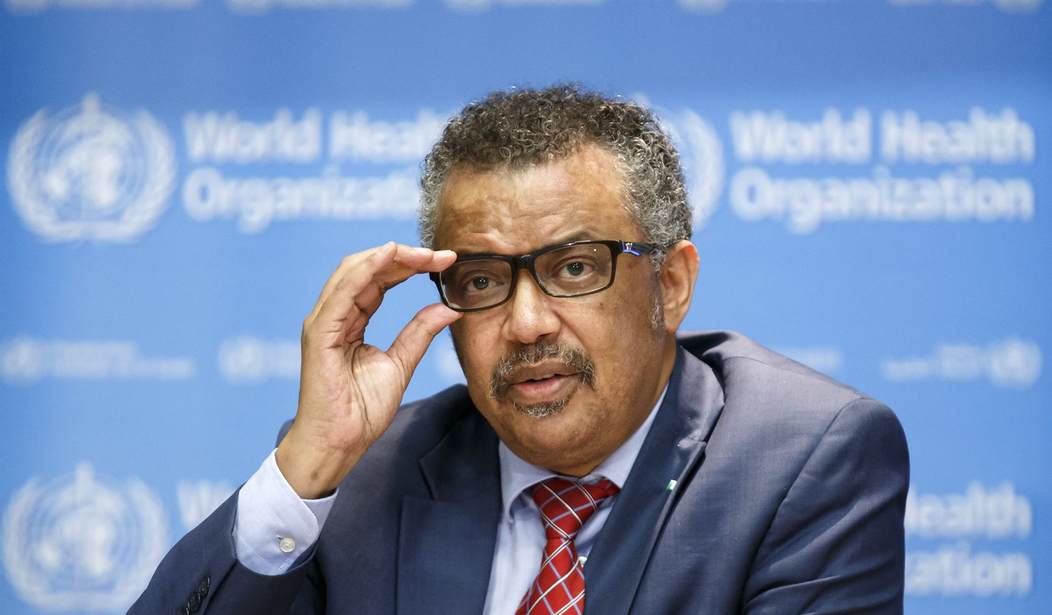The World Health Organization (WHO) announced this week that the organization has issued new guidelines surrounding abortion, which it described as “lifesaving care” for women and girls. But not the ones in utero, that is. The recommendations, outlined in the “Abortion Care Guideline,” are the newest abortion guidelines from the organization since 2012.
In WHO’s announcement, it stated that 25 million “unsafe” abortions occur each year. WHO’s Acting Director for Sexual and Reproductive Health and Research Craig Lissner argued that abortion is a “crucial” part of health care and that women and girls need access to it.
“Being able to obtain safe abortion is a crucial part of health care,” Lissner said in the announcement. “Nearly every death and injury that results from unsafe abortion is entirely preventable. That’s why we recommend women and girls can access abortion and family planning services when they need them.”
In total, WHO issued over 50 formal recommendations surrounding abortion, “spanning clinical practice, health service delivery, and legal and policy interventions to support quality abortion care.” The recommendations approve of dangerous telemedicine abortions, where a women takes abortion-inducing drugs at home. The guidelines recommend against restrictions on abortion due to the gestational age of the unborn child.
Furthermore, WHO's announcement boasted that “when abortion is carried out using a method recommended by WHO, appropriate to the duration of the pregnancy and assisted by someone with the necessary information or skills, it is a simple and extremely safe procedure.”
Recommended
The WHO guidelines not only provide “clinical and service delivery recommendations,” but also push for the removal of, what it deems, “medically unnecessary barriers” to abortion. Included in this is criminalization, mandatory waiting periods, and requiring consent from family members for a woman to obtain an abortion. According to the announcement, such barriers put women and girls at greater risk of “stigmatization” and “disrupt” their schooling or career.
Dr. Bela Ganatra, the head of WHO’s Prevention of Unsafe Abortion Unit, said in the announcement that “access to quality abortion care” is necessary to prevent unintended pregnancies and unsafe abortions.
In addition, the announcement said that WHO will support interested countries to implement these guidelines and strengthen policies to providing contraception and abortion to women and girls.
However, several states in the U.S., including Texas, Florida, and South Dakota, have created legislation aimed at protecting unborn lives. Texas enacted S.B. 8, a law that bans abortions after fetal heartbeat detection at around six weeks gestation. Several states legislatures have drafted 15-week abortion bans, which is mainstream in most of Europe, as Townhall covered.
And, a Supreme Court case, Dobbs v. Jackson Women’s Health Organization, is currently under review. Dobbs centers a 15-week abortion ban in Mississippi and could overturn landmark 1973 case Roe v. Wade and 1992 case Planned Parenthood v. Casey.
Since Roe became law of the land in 1973, an estimated 62 million abortions have occurred in the United States, according to the National Right to Life Committee. A recent Marist poll sponsored by the Knights of Columbus showed that the majority of Americans support restrictions on abortion.

























Join the conversation as a VIP Member